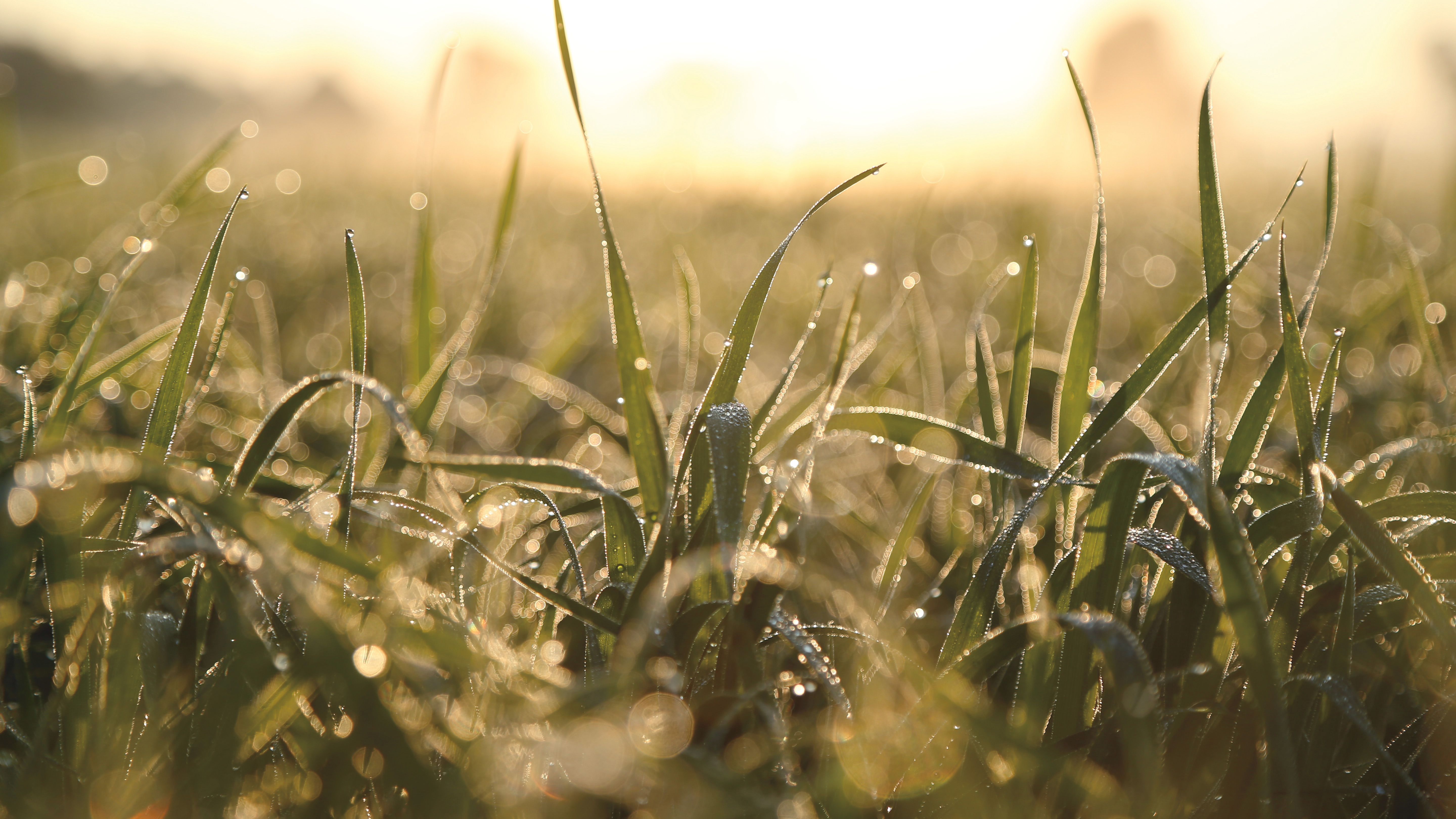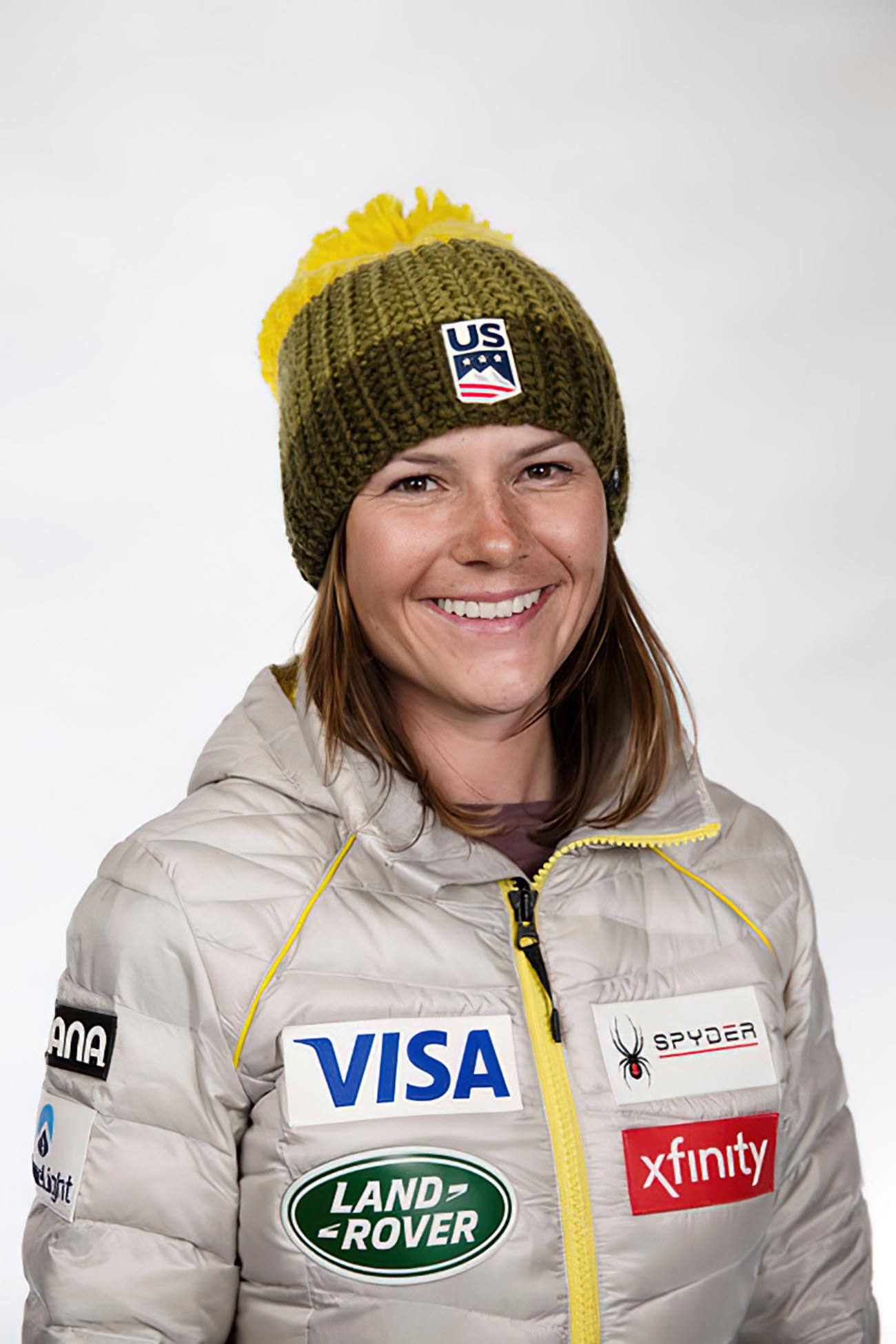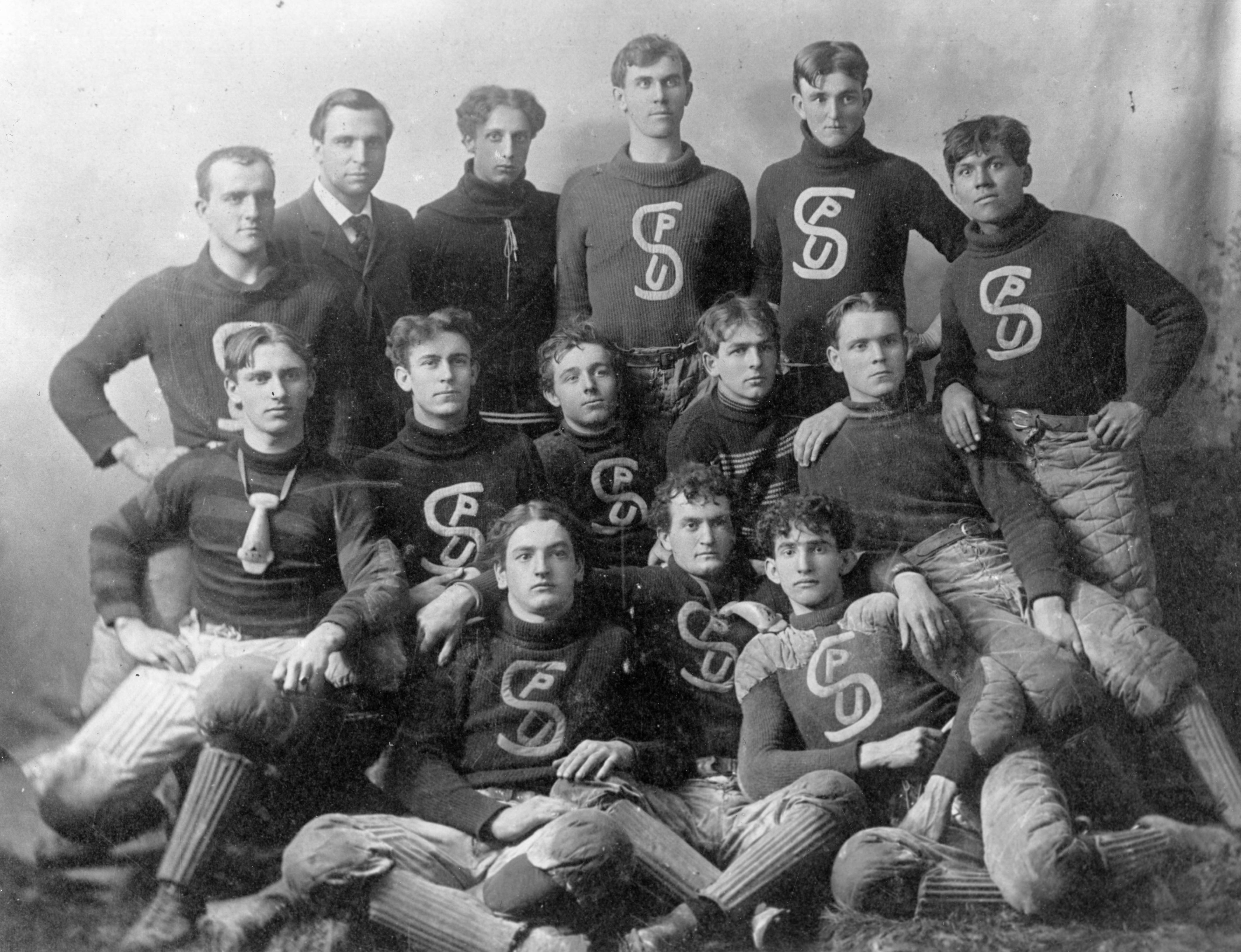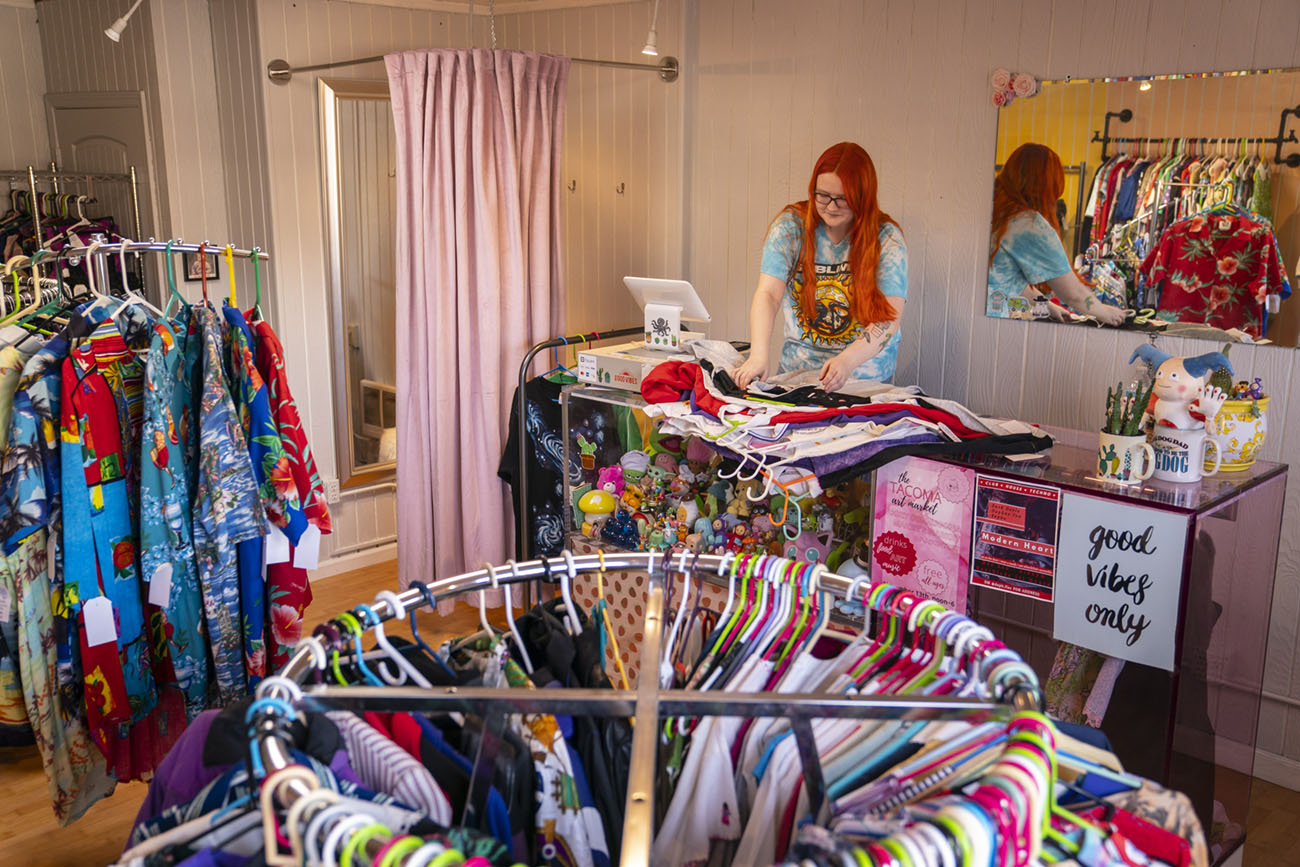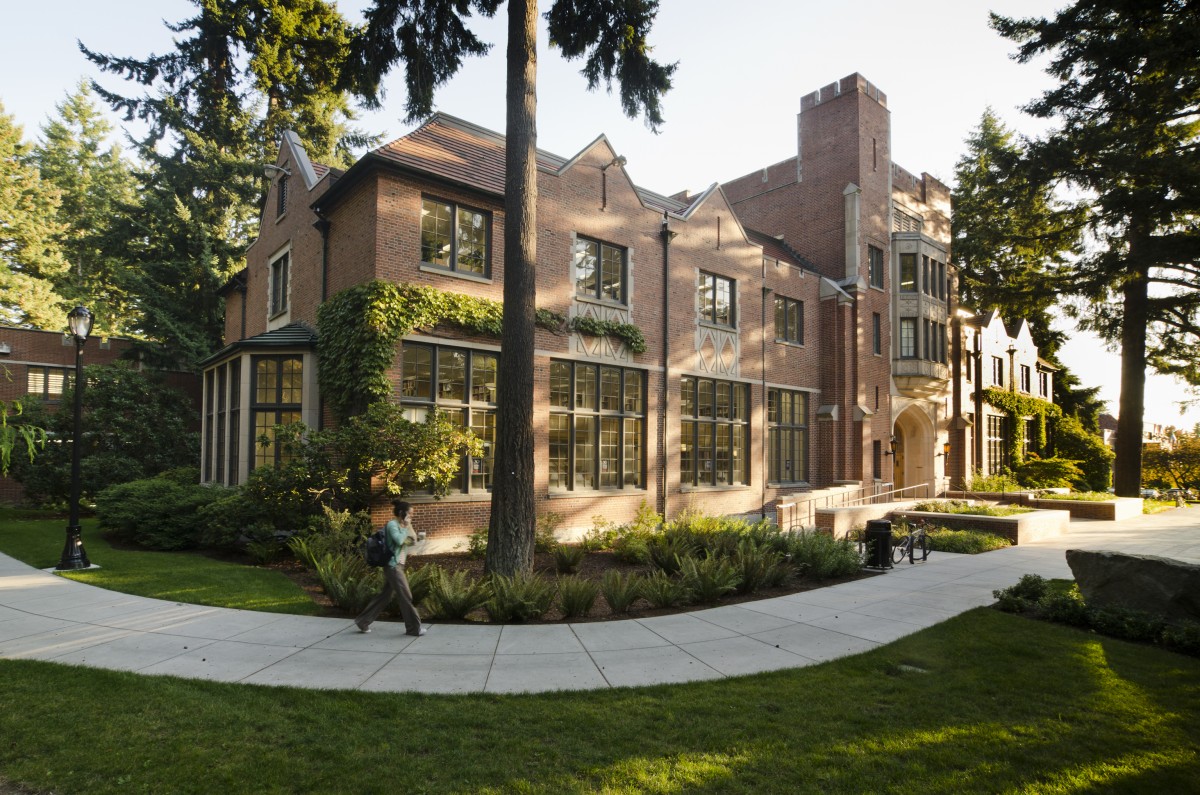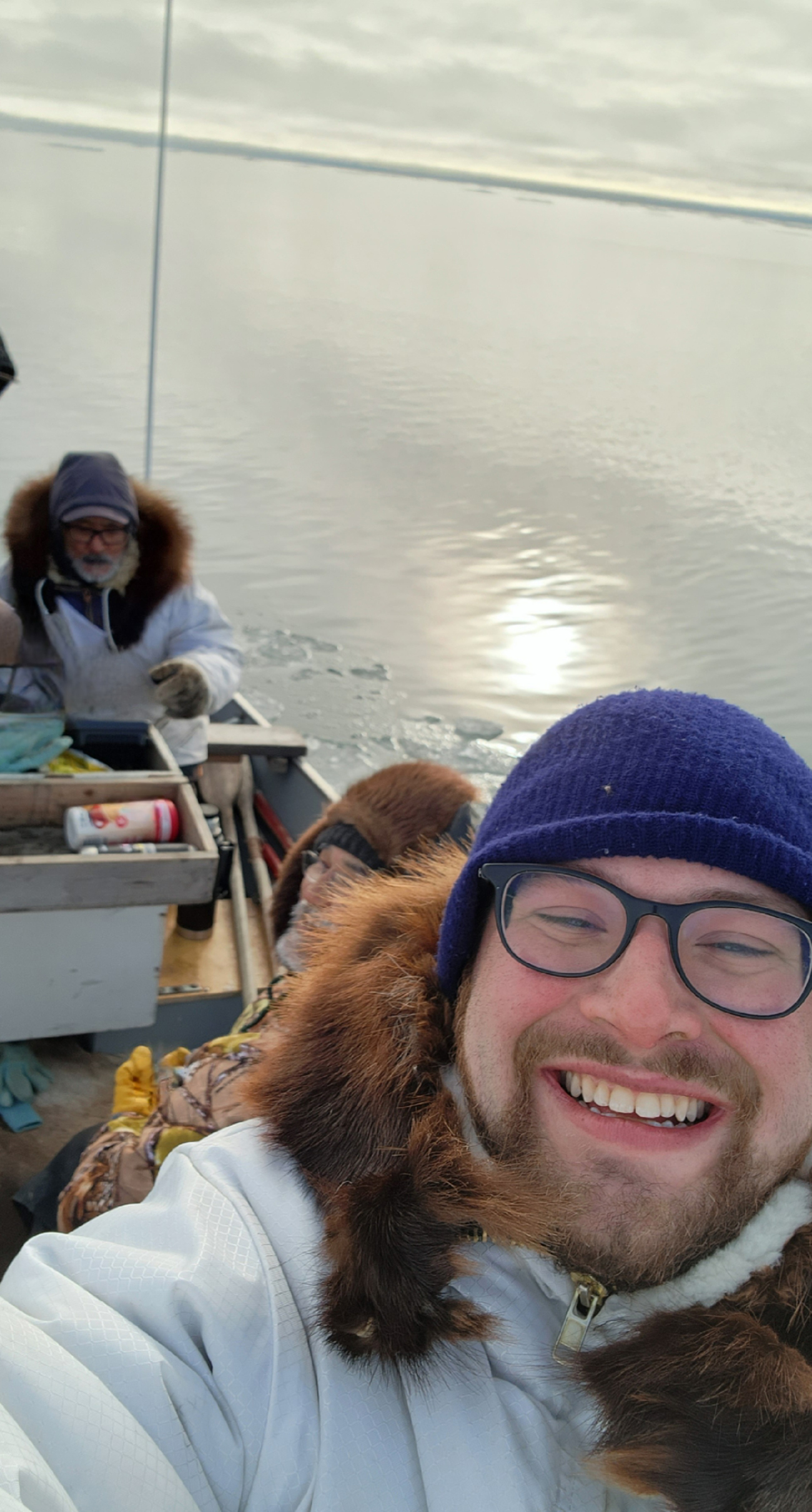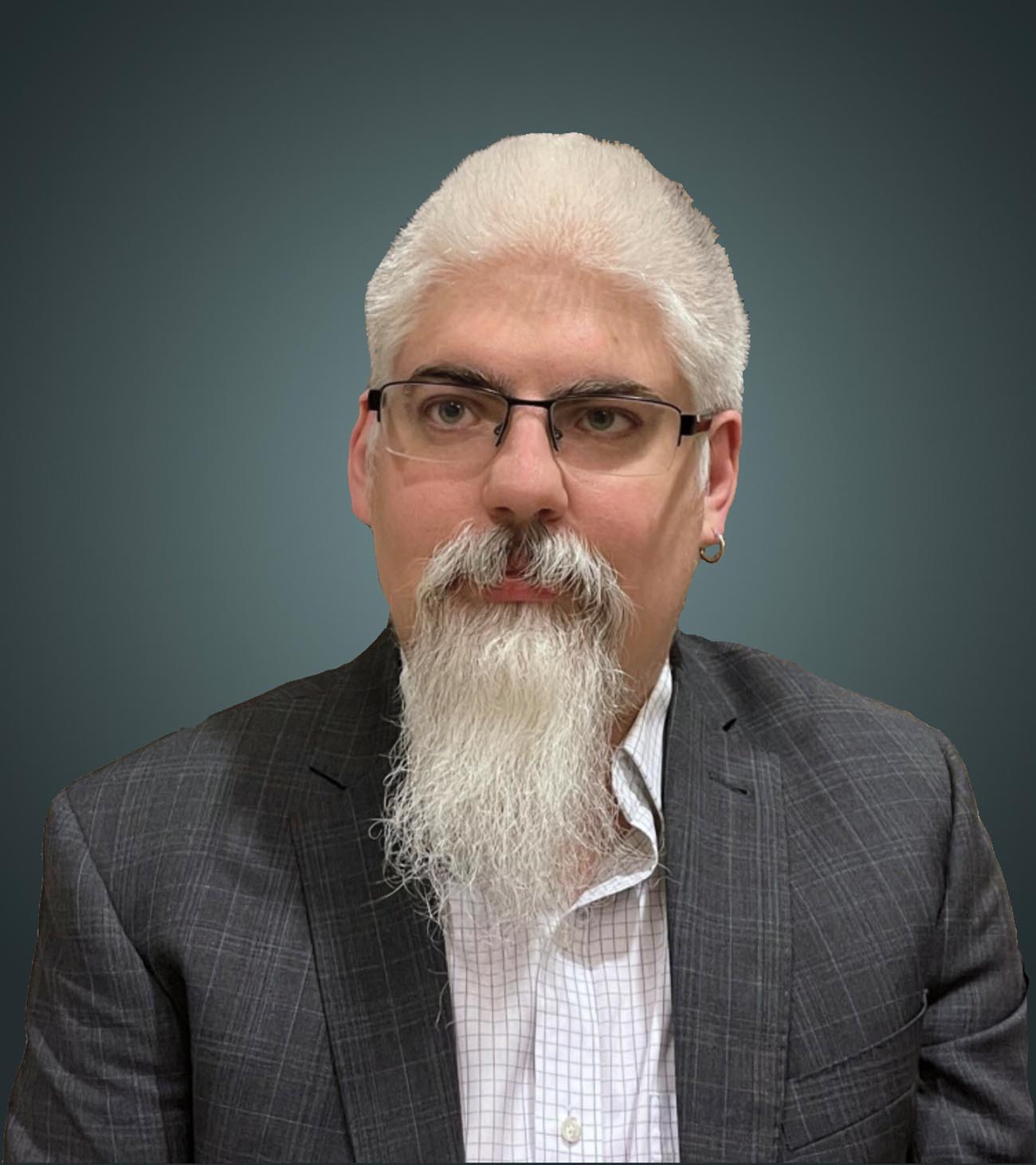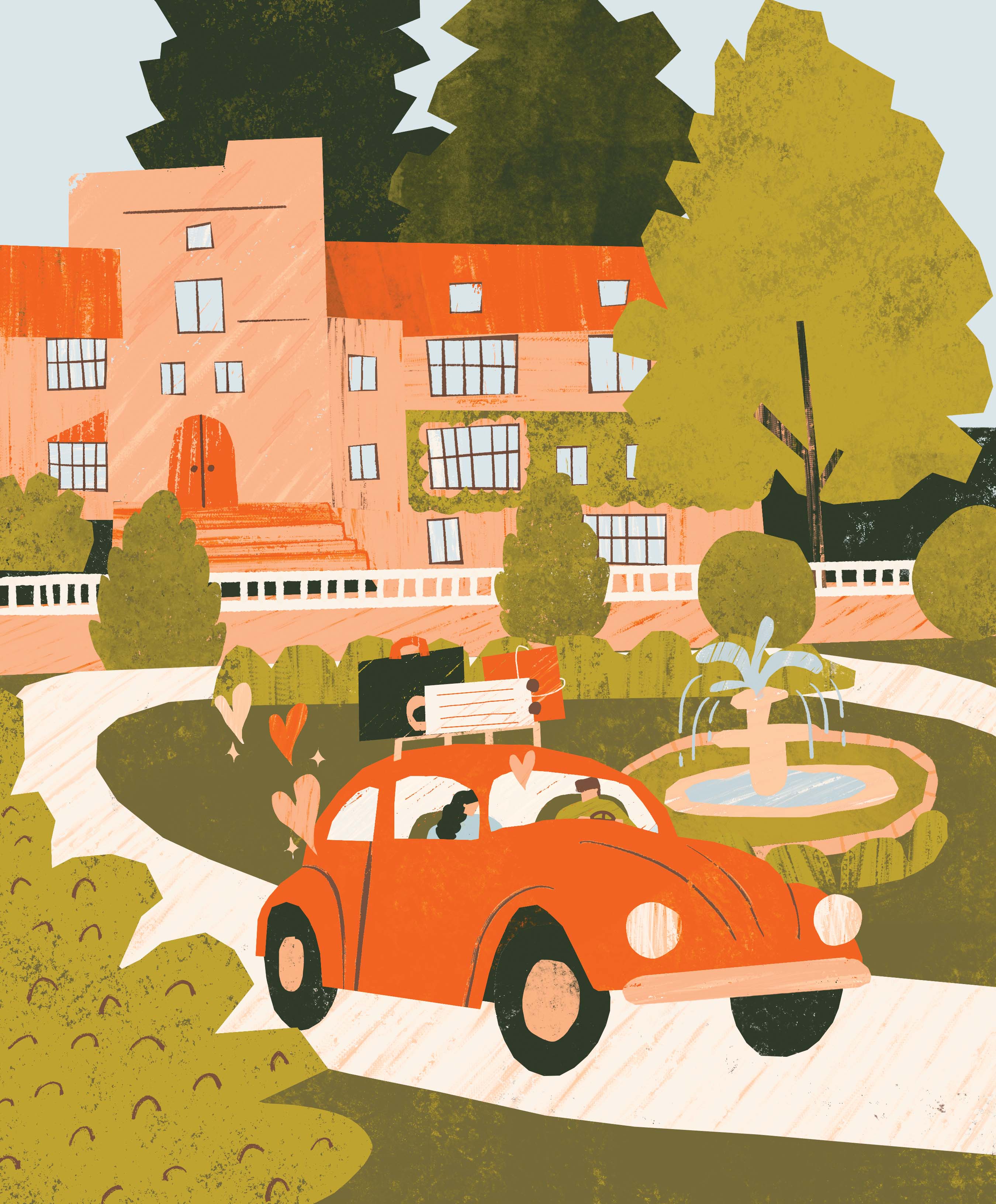Becoming a media entrepreneur was a natural fit for Les. She majored in business and minored in communication studies at Puget Sound, where she wrote for the student newspaper, The Trail, and even contributed a column to this magazine as a student intern. After graduating in 2011, she went to work at Boeing, but she found herself feeling lethargic and physically uncomfortable in a sedentary 9-to-5 job. “My first year out of college, I was really unhappy with the routine of getting up, going to work, and going home and watching TV every night,” she says. “That, to me, is the recipe for unhappiness.”
In search of a way to feel better and increase her energy, she started working out and learning about wellness, and a year later, her new pastime had blossomed into a full-fledged passion. In 2013, she became a personal trainer and nutrition coach, and started teaching fitness classes in her spare time.
Les says that the more she focused on fitness, the more she noticed herself growing bolder and more outspoken in other areas of her life. “I’m a very introverted person,” she says. “I tend to be pretty quiet and keep to myself. When I started working out more and building physical strength, I noticed I was feeling more comfortable speaking up and being more confident in putting myself out there in ways that I never had before.”
In 2014, Les launched a blog called The Balanced Berry, where she shared recipes, workouts, and fitness tips. Still at Boeing, she was feeling more fulfilled with her side hustle as a personal trainer and fitness blogger, but felt uninspired by the content she was producing. She felt constant pressure to look a certain way and conform to the narrowly defined aesthetic of fitness influencers on Instagram. And she felt frustrated by the homogeneity of the mainstream wellness space.
Her wake-up moment came after she attended GOOD Fest, a daylong wellness conference in Los Angeles, in February 2018. Although she enjoyed the event, Les observed via social media posts that among the hundreds of guests, she could count the women of color in attendance—and in the speaker lineup—on one hand. A Latina fitness enthusiast who had been following the event reached out to Les, saying she’d also noticed the overwhelming whiteness of the event. After that experience, Les felt called to fill a void in the wellness space, which she calls “one-size-fits all.”
“Working in wellness for years, I cannot tell you how many times I walked into a room and was the only woman of color or black person there. Or where I was at wellness events, and the content just didn’t resonate because it was being given by people who did not share my same life experiences, so I could relate to a little bit of it, but not all of it,” she says. “And it occurred to me that a lot of other people felt that way, too.” She realized that her presence alone sent a strong message to other women of color that they too were entitled to feel healthy and powerful.
Propelled by a new sense of urgency, Les set out to rebrand and launch a new platform for women of color who needed self-care and wellness resources tailored for them. She launched Balanced Black Girl in September 2018. “I was very worried about alienating my [Balanced Berry] audience,” she says. “But for me, the pros of creating content that felt authentic to me, and of really speaking to those people who felt like they weren’t normally catered to, outweighed the cons. I was willing to lose my audience and rebuild to reach the right people.”




